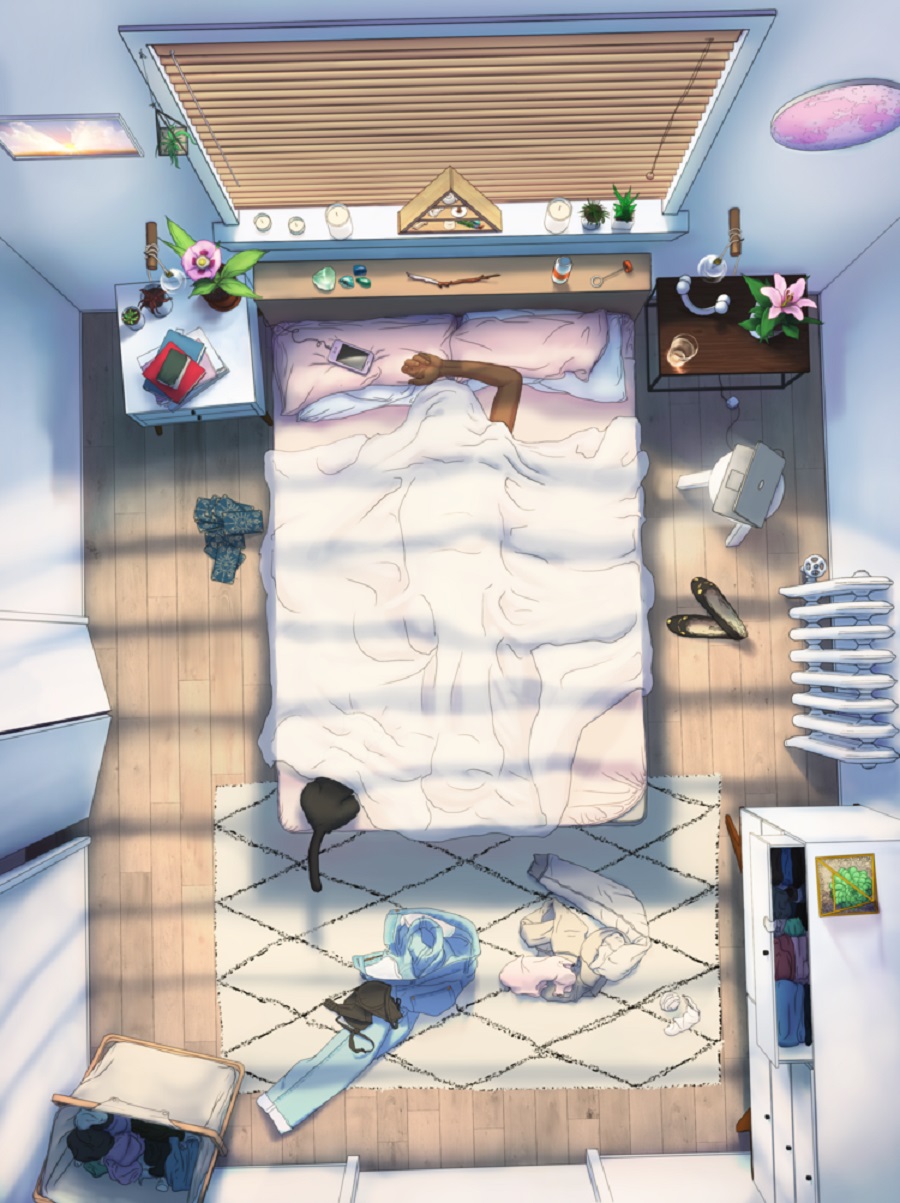Brie Code and the team at Tru Luv wanted to have a safe space, a shelter, a place for taking care of ourselves.
So over the past few years, the team (headed by Code in Toronto and Eve Thomas in Montreal) created #SelfCare, a game-like app that they call a digital companion. As it’s name suggests, it’s all about relaxing, breathing, and taking care of your mind and body.

Unlock premium content and VIP community perks with GB M A X!
Join now to enjoy our free and premium membership perks.
![]()

![]()